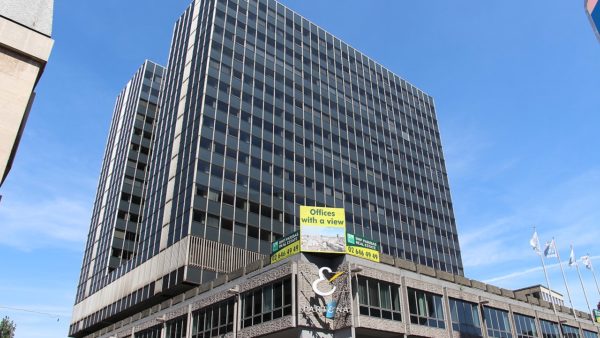A recent spate of criminal prosecutions in New York and California against builders who don’t pay their workers the agreed wage suggests a hardening mood against corporate graft in the country.
In one case, a luxury home-builder in Manhattan has been charged with stealing more than $1.7m from 500 workers through payroll tricks.
Previously, failure to pay the correct wage was treated as a civil matter, putting the onus on the worker to bring a suit against their employer. But now state prosecutors seem more willing to treat the issue as a violation of criminal law.
Diana Florence, an assistant district attorney (DA) in Manhattan, said the aim was to stop companies in industries that rely on lots of low paid workers from “institutionalising theft as a business model”.
The new approach was illustrated most recently last week when authorities in New York announced that a Brooklyn construction company had pleaded guilty to second-degree grand larceny for underpaying 21 employees.
The Urban Group then made full restitution of $303,411 to the workers, all of whom were immigrants.
Contractors on public sector projects often commit to paying wages as a certain rate, and this case revolved around Urban’s falsely certifying that it had paid employees on a public schools contract at the prevailing wage rates of $63 an hour when in reality it had paid between $10 and $17, and had offered no overtime or benefits.
The discrepancy was revealed when the company was forced to post the legal wage on signs around its worksites.
As well as making restitution, Urban was debarred from public work in New York state as a contractor or subcontractor for five years.
The Manhattan DA’s office signalled a construction wage-theft crackdown in December last year, news site ConstructionDive reports.
In the biggest case so far, a luxury home builder called Parkside Construction was charged in May with defrauding more than 500 workers out of $1.7m by Manhattan prosecutors.
The DA claimed that Parkside had altered time-keeping records and paid workers through expenses to avoid payroll taxes.
Parkside is also accused of committing workers’ compensation insurance fraud totalling approximately $7.8m.
Outside New York City, ConstructionDive notes that in February, prosecutors in Orange County, California, charged a group of contractors with underpaying workers, and the resulting payroll taxes, to the tune of $200,000.
It seems prosecutors in New York and California are leading the way for other states by viewing wage violations as crimes.
“Companies take criminal cases more seriously. If you’re an executive and the cops come to your door, you don’t soon forget it,” said Rena Steinzor, a University of Maryland professor who wrote a book about corporate criminal prosecutions, in an interview on the topic with Bloomberg Law, which has also picked up on the trend.
Prosecutors are also beginning to “bundle” underpaying investigations with wider look at a company’s practices, including health and safety and tax compliance.
“If a bad actor is doing something dishonest in one area of the business, there’s often a common theme of dishonesty across the board,” said Manhattan assistant DA, Diana Florence, to Bloomberg Law.
Image: Authorities in Manhattan have taken the lead in prosecuting companies for wage theft (Pixabay)
Further reading:










